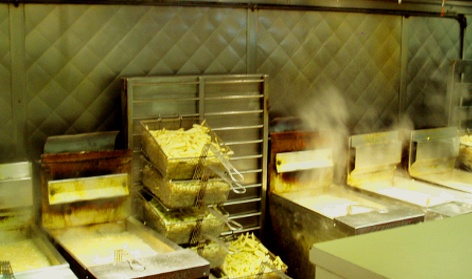- 1908
- Centre for Applied Philosophy, Politics and Ethics
- Waste and Energy Research Group
- Aggregating the Student Voice
- Aesthetics of protest: Visual culture and communication in Turkey
- Barrier Solutions
- BRIDGE (Building Research & Innovation Deals for Green Economy)
- Breathing City
- Brighton Fuse ‘Fusebox’ Knowledge Exchange Project (2014-15)
- Brighton Fuse
- brightONLINE
- Community 21
- Community Media 4 Kenya
- CETLD
- Continuous Productive Urban Landscape
- Culture, Sport and Wellbeing - What Works for Wellbeing Programme
- Digital Policy: Connectivity, Creativity and Rights - ESRC Seminar Series
- Designing for the Future
- Digital Archaeology:
- Drawing Research Interest Group (DRIG)
- Drawing as a pedagogical tool
- Drawing research
- Discovering Digital Me: Forging Links across Digital Identity, Digital Literacy and Digital Economy (2011 - 2013)
- E-ARK
- Edible Campus
- FutureCoast - FutureCoast Youth
- Flax – Increasing its Value for Society
- Graphic Brighton
- Here Today - Moving Images of Climate Change
- Healing War Through Art
- Hide
- ISEA
- The Role of Iconicity in Language Learning
- Improving Exercise Devices for Patients with Rheumatoid Arthritis
- Innovation for Renewal (IFORE)
- INTERREG IVA ProjectFlax
- Invisible Machines
- LGBT Queer Life Research Hub
- LiVi
- MacDonald Gill
- Mobility of the Line / Utility of the Line
- Networks - Subject Centre Magazine
- Networks
- National Recording Project - Sussex
- Our Dancing Feet: Regent Dancehall/Wintergarden
- Postgraduate Design History Society (PDHS)
- Placemakers Space
- Portland Sculpture and Quarry Trust: Memory Stones
- Ryerson Brighton image exchange
- Research news archive
- Silver Stories
- sKINship
- Smart e-bikes
- StoryA | STORY Abroad
- Structural Health Monitoring System (SHMS) for earthquake zones
- Tempus Esprit
- Transnational perspectives on women's art, feminism and curating
- The Centre for Screendance
- The Craft of the Woods: A New Cultural History of the British Woodcraft Movement
- The Design Education Association
- Traces of Nitrate
- Tempus CORINTHIAM
- Tempus IDEA
- Urban Transformations Pathways from Practice to Policy
- VI-Suite
- Visual Learning Project
- The People's Pier: The popular culture of pleasure piers and cultural regeneration through community heritage
Home » Projects archive » Waste and Energy Research Group » Waste Research » Waste Oil Recycling in Prisons
Waste Oil Recycling in Prisons

It is estimated that some 200,000 tonnes of used cooking oil is generated per annum in the UK. At present only around 100,000 tonnes is collected with much of the remainder poured down drains, sent to landfill or utilised for small scale biodiesel production. In 2009 Dr Ryan Woodard worked in partnership with HMP Ford, Work This Way and Labour Plus and colleagues at the University of Brighton on the Waste Oil Recycling in Prisons Project (WORPP).
The aim of the project was to collect used cooking oil from prisons to make biodiesel to fuel vehicles in the prisons fleet. An important part of the project was involving offender in the processing and manufacturing of the biodiesel as part of a rehabilitation programme. WORPP was short listed as a finalist for the Big Green Challenge award.
Dr Woodard conducted a feasibility study looking at the options for collecting and processing cooking oil from prisons throughout the South East of England, assessing the potential environmental savings from using biodiesel in the prisons fleet and developed a business plan for rolling out the WORPP model to other prisons. We are currently looking at how this project can be expanded.
For more information please contact Dr Ryan Woodard.


